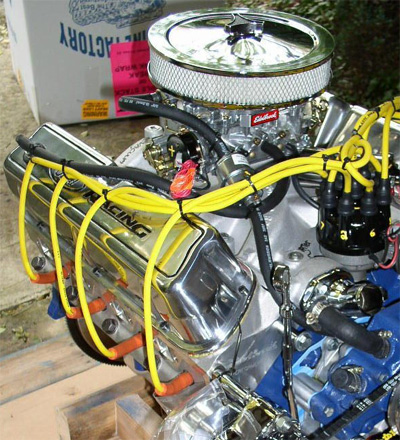
This is my current proposal for a thesis project. I'd appreciate any suggestions or leads to where to look for books or other information. I'm currently reading "Devices" by CJ Lim and web crawling looking for information.
1. Current Building Machine:
To support the life systems inhabited. The condominium is dependent on all the external systems for life. Without the mechanical, electrical, water, and other utilities, the condominium would not be able to function.
The condominium contributes nothing to the greater system. It is a by-product of the building.
Condos now act as if they were infants in an incubator. Great care is taken to make sure each one is at a 80% satisfaction level. Rather than a life-support system for each of the living programs, what if each played a roll in supporting the greater whole? Condos increase, generally speaking, in sqft'age as they rise, so there are social and monetary differences between all of them. The difference is already there! Now allow each to play a roll, perhaps it is evident to the occupant, or not. End result a massive and balanced functioning machine.
2. Purposed Building Machine:
“Engine” means a device for continuously converting fluid energy into mechanical power. Thus, this term includes, for example, steam piston engines or steam turbines, per se, or internal-combustion piston engines, but it excludes single stroke devices. “engine” also includes the fluid-motive portion of a meter unless such portion is particularly adapted for use in a meter; ~SECTION F of United States Patent ”” mechanical engineering; lighting; heating; weapons; blasting engines or pumps.
Have we encoded binary into a machine subconsciously based on our understanding of our own genetics? Our human genome carries a signature with it. A machine uses machine-code to conduct its operations. However, it also uses machine-code to develop new machines. If we think of the birth of humans and the birth of a new machine as common, the genetic coding used to achieve an end result can be compared.
By using the pure form of the modern machine created by man, a rigorous process will expose the current building process for its secrets. With a genuine interest in the production process of the building, creation of the new machines can harvest ideas and outsider observations. How can we think we are at the best possible solution to our thinking of building? Do we sit docile and wait for new “technology” to be introduced so we can simply throw it into a building scheme and call it good? Will we lay dormant and allow technology be produced by those who are trying to sell it for a monetary value? What is the price we are paying in the long run? Dissolve the political motives, monetary value, and our idea of “beauty.” What are we left with? A machine. It was created to serve, not to make money, but with hundreds of years of the love of invention for its propellant. For the love of inventing, a dilettante.
4 Comments
not so much about the machine aspect of your description, but relevant to the construction questions > an article from the 80s by thomas fisher (same guy whose book is featured on archinect's right margin this week) was published in perspecta, i think. it was called 'an american culture of construction'. brilliant in sussing out the social and cultural components of how/why things got the way they are.
steven's suggestion is a good one.
one other thing to ponder is that the design of machines also shares with DNA a great deal of non-logic, things that remain for no better reason than it was what was there to start with xxxx years ago. so, some of the secrets you are looking for may make no sense but still be ingrained in the system in a way that is not open to change even though they are clearly bad or non-sensical.
one other comment. machines are more often analog than digital so if you want to make an allusion to codes it might be more fuitful to consider memes rather than genes or binary.
if you are interested in memetics and genetics i would recommend most anything by daniel dennett, especially "Darwin's Dangerous Idea".
Thank you for prompt responses. Great ideas. I will look in to both suggestions. As I'm in research mode, I am sponging as much information as possible.
There is the novel "Game Over" bei Philip Kerr which deals with technical installations in an office skyscraper which develop a mind of their own. I don't know whether that hits your topic right on but it's a nice novel to read and it raises the questions "what if" with all the little helpers we include in our buildings.
Daniel
Block this user
Are you sure you want to block this user and hide all related comments throughout the site?
Archinect
This is your first comment on Archinect. Your comment will be visible once approved.